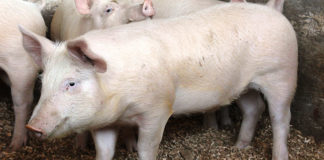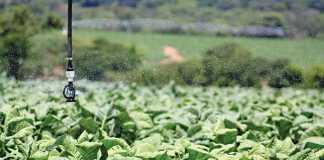This was, however, an improvement on the 4,2% year-on-year decline measured in February.
The overall growth in retail sales was 1% year-on-year.
The softer trend in retail sales is indicative of an economy struggling to cope with higher costs. According to Eugene Beukes, chairperson of retail trend consultants Master Retailing, farmers, like many consumers in the low income bracket, are struggling to shoulder the higher costs of doing business.
These include higher electricity tariffs, fuel prices, administered prices and property taxes. “The main factors impacting on the retail figures are currently the depreciation of the rand, together with the increase in fuel costs, which have increased cumulatively by 75c/l since the beginning of the year,” said Beukes.
He also believed that, due to a lack of infrastructure compared to developed economies, the majority of South Africans spent a large amount of their income on transport costs. When these increased, they had a direct impact on consumer spending and disposable income.
“With inflation rising at 6%, it has seen food and commodity prices increase and that has forced the majority of people in the low income brackets to tighten their belts and purses,” said Beukes.
Vunani Securities economist Ilke van Zyl said most economists were expecting the retail sales data for April to increase, considering the number of public holidays compared to last year.
However, Van Zyl cautioned: “We had a big boom in consumer credit, but that has deteriorated as consumers are failing to service their debt. Inflation is also eroding household disposable income.”












